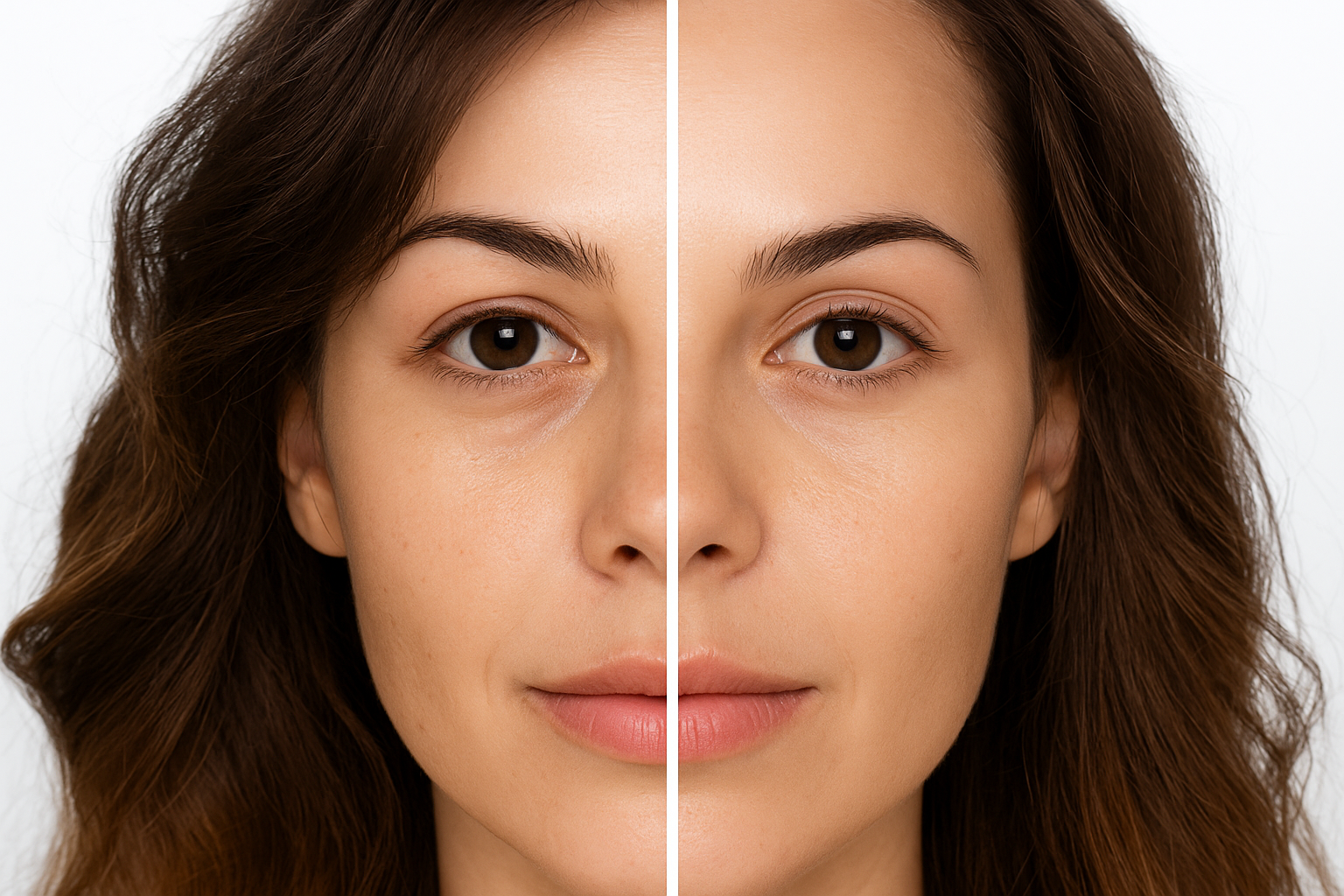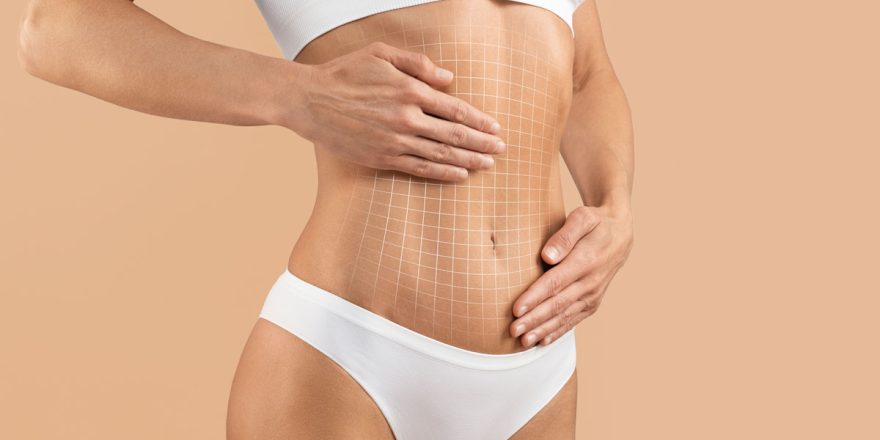Upper Eyelid Surgery (Blepharoplasty) by Dr. Emre Güvercin – Achieve Elegant, Youthful and Harmonious Results with Expert Precision in Istanbul
Upper Eyelid Surgery (Blepharoplasty): Restore the Vitality Your Eyes Deserve
With upper eyelid surgery, we offer lasting, safe and aesthetic solutions for tired look, drooping lids and restricted visual field.
Summary & Quick Facts
- Procedure time: 30–60 minutes
- Anesthesia: Usually local; sedation/general when needed
- Recovery: Sutures in 5–7 days; full recovery 1–3 months
- Goal: Wider, fresher and more functional gaze
For assessment and appointments, contact us.
What Is Upper Eyelid Surgery and What Does It Treat?
Over time, gravity, reduced skin elasticity, genetics and facial expressions can lead to excess skin, lax muscle/connective tissue and fat pad accumulation in the upper eyelid. This may create a tired or sad expression and, in advanced cases, restrict the visual field.Blepharoplasty addresses these problems surgically. Excess skin is removed, tissues are refined and fat pads are repositioned if required.Who Is a Candidate? Who Should Be Cautious?
Suitable Candidates
- Those with evident excess skin or drooping in the upper eyelid
- Those experiencing visual field narrowing due to drooping
- Individuals bothered by a tired look or heaviness around the eyes
- People with genetic eyelid ptosis (often with brow ptosis)
Points to Consider
- In ptosis or brow ptosis, additional procedures may be needed.
- Eye diseases (glaucoma, retinal issues), chronic systemic diseases and bleeding disorders require special evaluation.
- Expectations should be realistic: blepharoplasty is not a brow lift.
How Is It Done? Step‑by‑Step
1) Examination & Planning
The amount and area of tissue to be removed are determined; personal risks are assessed.2) Anesthesia Selection
Usually local anesthesia; sedation or general anesthesia as needed.3) Incision & Tissue Refinement
The incision follows the upper eyelid crease; redundant skin is removed; muscle/connective tissue are refined; fat pads repositioned when needed.4) Closure & Sutures
Fine aesthetic sutures are used; the scar is minimally visible. Typical duration is 30–60 minutes.Pre‑Procedure Preparation
Medications & Habit Management
- Blood thinners: Stop 5–7 days prior.
- Herbal teas/supplements: Stop 1–2 days prior.
- Smoking: Preferably quit or reduce at least 2 weeks in advance.
- Alcohol: Avoid for 1–2 days prior.
Day of Surgery
- No contact lenses; no makeup around the eyes.
- Avoid sleep deprivation; reduce stress.
- Report chronic medications to your surgeon and use as advised.
- If sedation/general anesthesia is planned: no food or drink after midnight; a light breakfast is acceptable for local anesthesia.
Post‑Op Care & Recovery
Early Phase (First 48 Hours)
Cold Compress
~10 minutes every hour; never apply ice directly—use a thin cloth barrier.Sleep & Position
Sleep with a high pillow (at least two pillows).Hygiene & Protection
- Use all prescribed medications.
- No water on the area for the first 3 days; avoid dusty/smoky environments.
- Sunglasses are recommended; limit screen time during the first 24 hours.
- No smoking or alcohol.
- No eye makeup for the first 10 days.
Mid & Late Phase
Sutures are typically removed in 5–7 days. Bruising and swelling peak around days 1–3; full recovery may take 1–3 months.Avoid
- Intense exercise, bending, dropping the head forward
- Turkish bath/sauna/steam
- Heavy lifting (postpone for 2–4 weeks)
Support Recovery
- Hydration
- Protein‑rich diet (eggs, chicken, fish, yogurt)
- Pineapple (bromelain)
- Sufficient sleep and rest
Risks & Tips for a Safe Procedure
As with all surgeries, there are potential risks: scarring, delayed healing, mild asymmetry, and prolonged bruising/swelling.Foundations of Safety
Experience
The experience of the surgeon and team directly affects outcomes.Setting
The procedure should be performed in a sterile, well‑equipped operating room.Personal Assessment
Your eye/systemic conditions, bleeding tendency and habits should be assessed in detail beforehand.Realistic Expectations
Aim for personalized, realistic results—not “miracles”.Frequently Asked Questions
At what age can it be performed?
No strict age limit; commonly after 30. Earlier in genetic cases.Will there be a scar?
Since the incision is in the natural crease, the scar is usually minimally visible.When can I return to social life?
3–5 days for light activities; 2–3 weeks for intensive ones.Will drooping recur?
Results are long‑lasting; yet aging may cause mild recurrence over the years.Conclusion
When properly planned, upper eyelid surgery provides both aesthetic and functional benefits, restoring a youthful and healthy appearance around the eyes. A mindful approach to preparation, surgery and recovery increases satisfaction.Table of Contents
Consultation & Appointment
For a personalized assessment and appointment regarding upper eyelid surgery (blepharoplasty), contact us.- Phone: +90 xxx xxx xx xx
- Email: [email protected]
- Address: Istanbul





